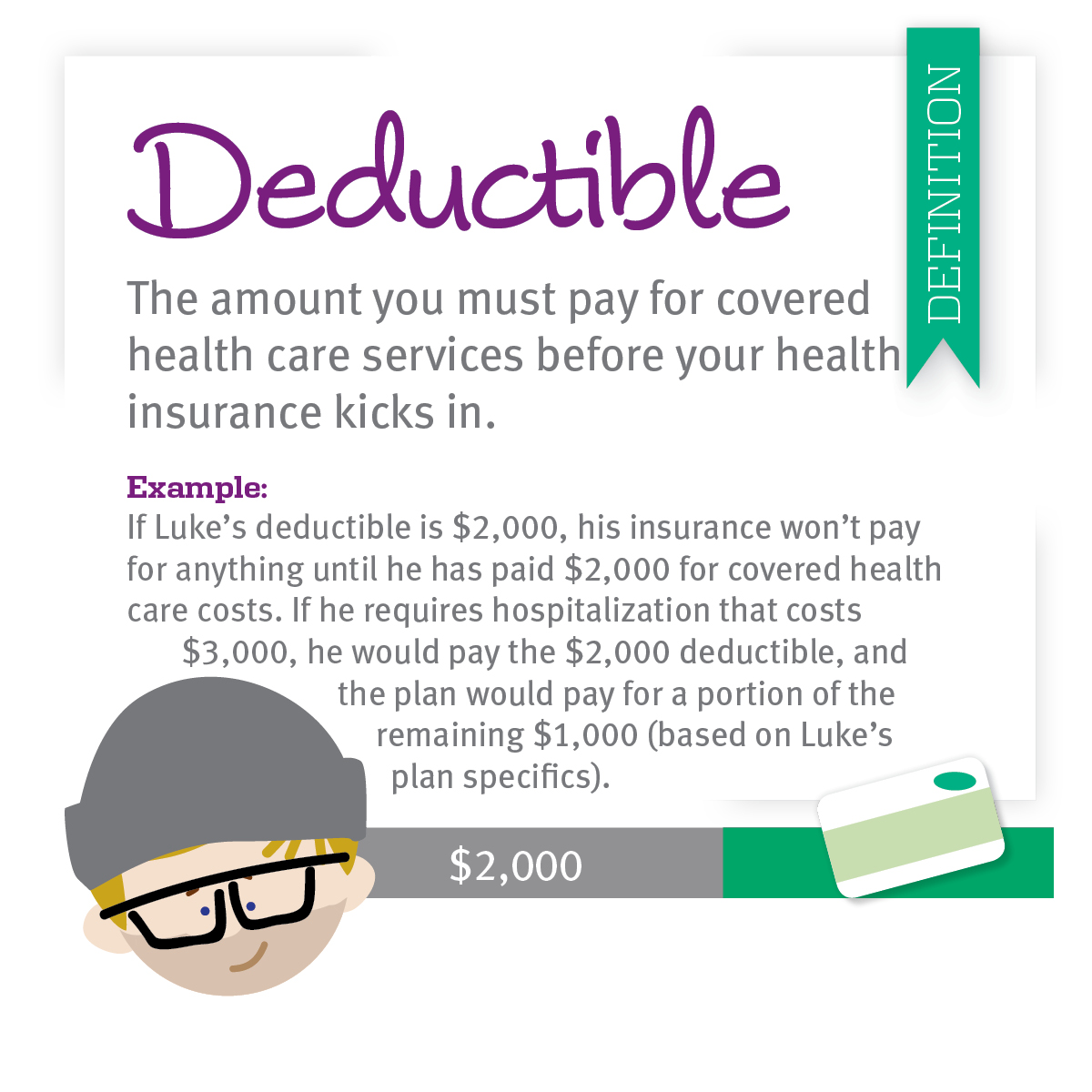Whole life and universal life insurance coverage are both thought about irreversible policies. That indicates they're created to last your entire life and will not end after a certain duration of time as long as needed premiums are paid. They both have the potential to accumulate money worth gradually that you might be able to borrow against tax-free, for any factor. Since of this function, premiums may be greater than term insurance coverage. Whole life insurance policies have a fixed premium, meaning you pay the very same amount each and every year for your coverage. Much like universal life insurance coverage, whole life has the potential to collect cash value over time, producing an amount that you may be able to borrow versus.
Depending on your policy's possible money worth, it may be used to avoid an exceptional payment, or be left alone with the potential to collect value with time. Possible development in a universal life policy will differ based upon the specifics of your private policy, in addition to other elements. When you buy a policy, the issuing insurance provider develops a minimum interest crediting rate as outlined in your agreement. However, if the insurer's portfolio earns more than the minimum rate of interest, the business might credit the excess interest to your policy. This is why universal life policies have the possible to earn more than a whole life policy some years, while in others they can make less.
Here's how: Considering that there is a cash value component, you may have the ability to skip exceptional payments as long as the money worth suffices to cover your required expenditures for that month Some policies might enable you to increase or reduce the death advantage to match your particular circumstances ** In most cases you may borrow against the money value that may have collected in the policy The interest that you may have made gradually accumulates tax-deferred Entire life policies use you a fixed level premium that won't increase, the potential to accumulate cash worth gradually, and a repaired survivor benefit for the life of the policy.

As an outcome, universal life insurance premiums are typically lower during durations of high rate of interest than whole life insurance coverage premiums, often for the very same amount of protection. Another crucial distinction would be how the interest is paid. While the interest paid on universal life insurance is often adjusted monthly, interest on a whole life insurance coverage policy is usually adjusted yearly. This might mean that during periods of increasing interest rates, universal life insurance coverage policy holders may see their money worths increase at a quick rate compared to those in entire life insurance policies. Some individuals may prefer the set survivor benefit, level premiums, and the potential for development of an entire life policy.
Although whole and universal life policies have their own special features and advantages, they both focus on providing your loved ones with the cash they'll need when you pass away. By dealing with a certified life insurance representative or business representative, you'll have the ability to select the policy that finest fulfills your individual needs, spending plan, and financial objectives. You can also get afree online term life quote now. * Supplied required premium payments are prompt made. ** Increases might be subject to extra underwriting. WEB.1468 (How much is home insurance). 05.15.
Some Known Factual Statements About How Does Life Insurance Work
You don't have to guess if you need to register in a universal life policy since here you can find out all about universal life insurance coverage advantages and disadvantages. It's like getting a sneak peek before you purchase so you can choose if it's the best type of life insurance for you. Keep reading to discover the ups and downs of how universal life premium payments, money value, and death advantage works. Universal life is an adjustable kind of permanent life insurance that allows you to make modifications to 2 main parts of the policy: the premium and the death benefit, which in turn impacts the policy's money value.
Below are some of the total advantages and disadvantages of universal life insurance coverage. Pros Cons Developed to provide more flexibility than entire life Does not have actually the ensured level premium that's readily available with entire life Cash value grows at a variable rates of interest, which might yield higher returns Variable rates also imply that the interest on the money value might be low More opportunity to increase the policy's money value A policy usually requires to have a favorable cash value to remain active One of the most attractive functions of universal life insurance is the ability to choose when and just how much premium you pay, as long as payments meet the minimum quantity required to keep the policy active and the IRS life insurance coverage guidelines on the maximum quantity of excess premium payments you can make (How to cancel geico insurance).
But with this versatility also comes some drawbacks. Let's go over universal life insurance advantages and disadvantages when it comes to altering how you pay premiums. Unlike other types of irreversible life policies, universal life can adapt to fit your financial needs when your capital is up or when your spending plan is tight. You can: Pay higher premiums more frequently than needed Pay less premiums less frequently and even skip payments Pay premiums out-of-pocket or use the cash worth to pay premiums Paying the minimum premium, less than the target premium, or skipping payments will negatively impact the policy's cash worth.
